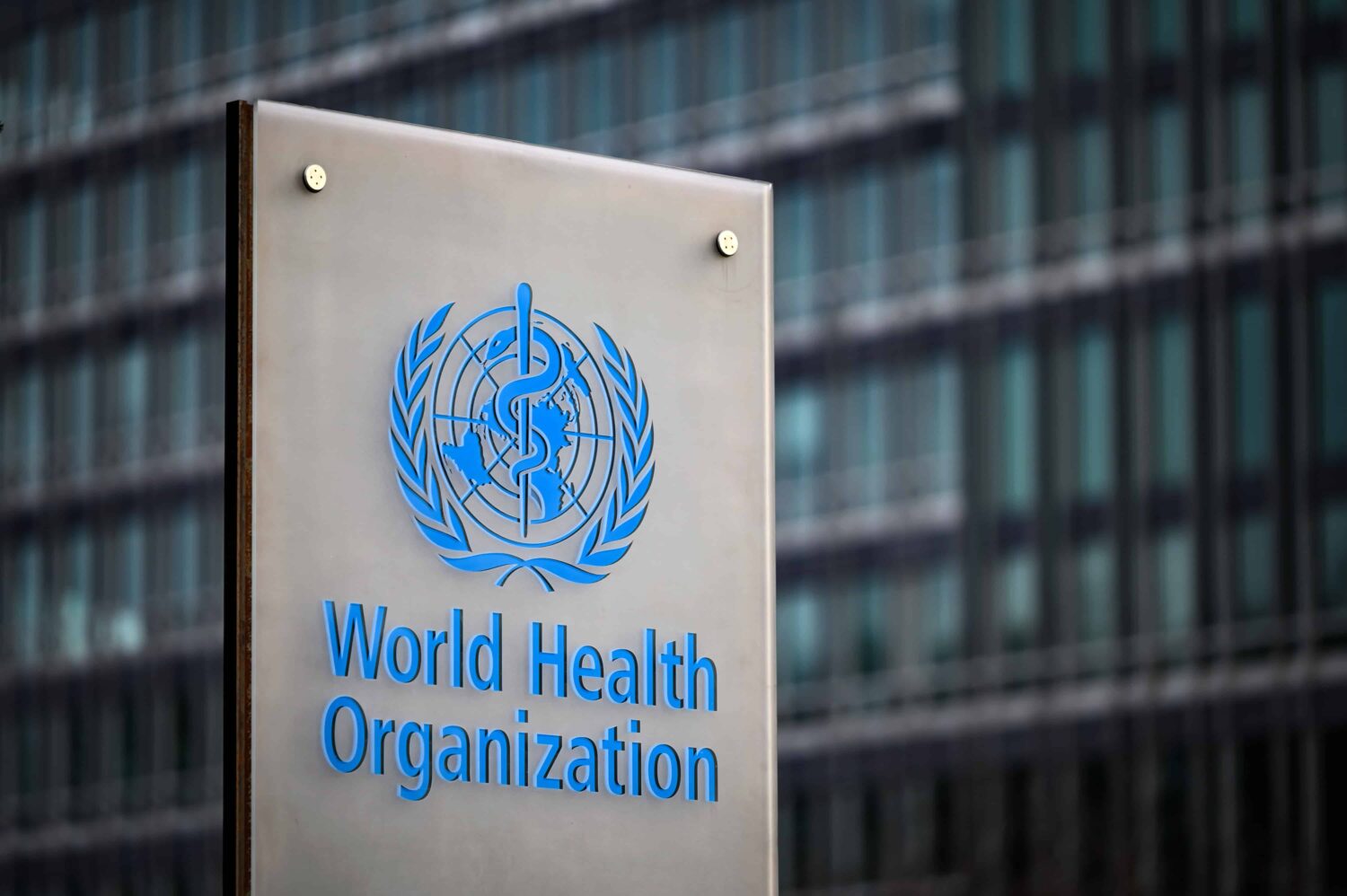GENEVA, SWITZERLAND – The World Health Organization called Thursday for more funds to help overcome towering challenges in the battle against malaria, which continues to kill hundreds of thousands of mainly African children each year.
In a fresh report, the UN health agency celebrated that malaria cases and deaths, which exploded in 2020 as the COVID-19 crisis hit protection and treatment efforts, remained stable at a stubbornly high level last year.
But it also highlighted significant remaining challenges, including limited donor funding, the potential effect of climate change and mutations in the parasite that causes malaria making it more resistant to treatment.
It warned that the world was currently “off track” to reach its goal of reducing malaria cases and deaths by 90 percent by 2030, insisting funding should be more than doubled.
“We face many challenges, but there are many reasons for hope,” WHO chief Tedros Adhanom Ghebreyesus said in a statement.
“By strengthening the response, understanding and mitigating the risks, building resilience and accelerating research, there is every reason to dream of a malaria-free future.”
High stakes in Africa
The stakes are particularly high in Africa, which counts 95 percent of the world’s malaria cases and 96 percent of deaths.
The COVID-19 pandemic has compounded several challenges facing efforts to battle malaria.
Global malaria deaths fell dramatically between 2000 and 2019 – when they stood at 568,000 – but suddenly shot up 10 percent during the first pandemic year in 2020 to 625,000, the report said.
Last year, despite the continuing impact of the pandemic, malaria deaths dipped slightly to 619,000.
Malaria cases meanwhile continued to rise last year to 247 million from 245 million in 2020, although the increase was less than the 13 million rise registered the year before.
WHO hailed the fact that many countries succeeded in maintaining and even increasing malaria testing and treatment during the pandemic, despite supply chain and logistical challenges.
In 2020, countries distributed a record number of insecticide-treated bed nets, which serve as the main vector control tool in most countries where malaria is endemic, and maintained strong distribution last year.
Malaria-endemic countries also distributed a record number of rapid diagnostic tests to health facilities in 2020 and delivered 223 million such tests last year – around the same level as before the pandemic.
Vaccine promise
Looking forward, there are a number of promising developments, including a first malaria vaccine, RTS,S, which has already been given to over a million children and will become widely available next year.
Abdisalan Noor of the WHO’s Global Malaria Program said it was still too early to say how many lives the vaccine would save.
But “we do expect considerable impact on severe disease and deaths,” he told reporters.
While hailing the efforts made, the WHO stressed that huge challenges remained, including swelling mosquito resistance to the insecticides, insufficient numbers of bed nets, and the greater spread of parasite-bearing mosquitos.
“Malaria is not a disease that stands still,” said Peter Sands, head of the Global Fund, which provides 63 percent of all international financing for malaria programs.
“The parasites evolve to resist treatments, and mosquitoes adapt to resist insecticides or bite their victims earlier in the day,” he said in a statement.
“Climate change is extending the geographical reach of malaria to regions previously regarded as safe.”
The WHO and the Global Fund said the way to combat such challenges was to close a yawning funding gap.
Total funding for fighting malaria stood at $3.5 billion last year.
That marked an increase from the two previous years, but fell far short of the $7.3 billion estimated to be required globally to stay on track to defeat the disease, WHO said.








